Hannah More (1745–1833) was an English writer, abolitionist, educator and philanthropist.
This year is the 275th anniversary of her birth.
On Feb. 2, 1745, Hannah More was born to Jacob and Mary Lynch More near Bristol, England. Her father taught her Latin, mathematics and French.
He set up a school for girls and another for boys, and More taught at the girls’ school. While there, she wrote pastoral plays based on rural life. “The Search After Happiness,” written in 1762, had sold more than 10,000 copies by the mid-1780s.
At 22 years old, More became engaged to William Turner, a wealthy man. He postponed their wedding three times, and after six years terminated the engagement. More subsequently suffered a nervous breakdown.
Turner induced her to accept 200 pounds (Sterling) a year as compensation, which allowed her to become independent at a time when most women weren’t.
More traveled to London where she became a prominent member of the Blue Stockings Society, a group of women involved in intellectual pursuits.
She met playwright David Garrick and the great lexicographer Samuel Johnson.
Writing for the stage
More traveled annually to London and wrote three plays for the stage: “The Inflexible Captive,” “Percy: A Tragedy” and “Fatal Falsehood.”
In the 1780s, More, a member of the Church of England, withdrew from London society and embraced serious evangelical views. She published “Sacred Dramas,” which ran through 19 editions.
In 1787 she joined the Clapham Sect, a group of abolitionists that included William Wilberforce. In 1788 she published, “Slavery, A Poem,” when Wilberforce campaigned for Parliament.
Most historians agree she was the most influential woman in the British abolitionist movement.
More wrote several ethical books after moving to Somerset, England, in 1785 with her sister Martha. They include, “Strictures on the Modern System of Female Education,” “Practical Piety” and “Moral Sketches.” More wrote “Cheap Repository Tracts” from 1795 to 1798. They were a huge success, selling more than 2 million copies by March 1796. The tracts urged the poor to trust in God, and to practice such virtues as contentment, sobriety and industry.
Philanthropist
Encouraged by Wilberforce, More did philanthropic work for the poor in Mendip, Somerset. She set up 12 schools there by 1800, where the study of the Bible and the catechism were taught.
Philanthropists from many places made pilgrimages to visit More when she was an octogenarian. Her mind was sharp until two years before her death at age 88.
More died Sept. 7, 1833, and is buried at the Church of All Saints, Wrington, Somerset.

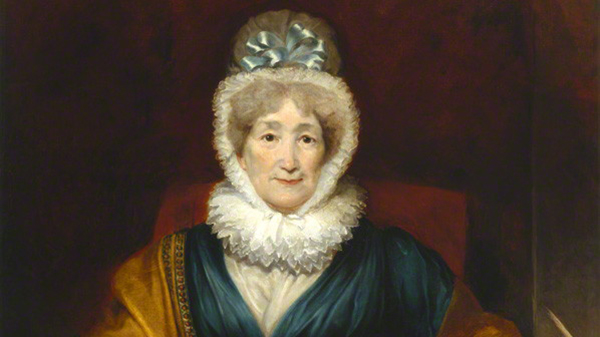
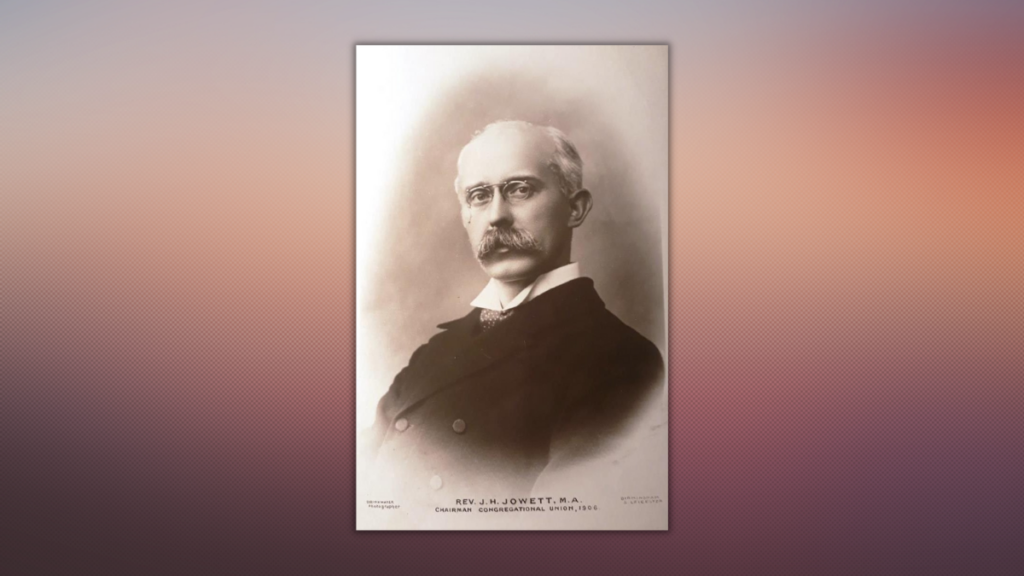
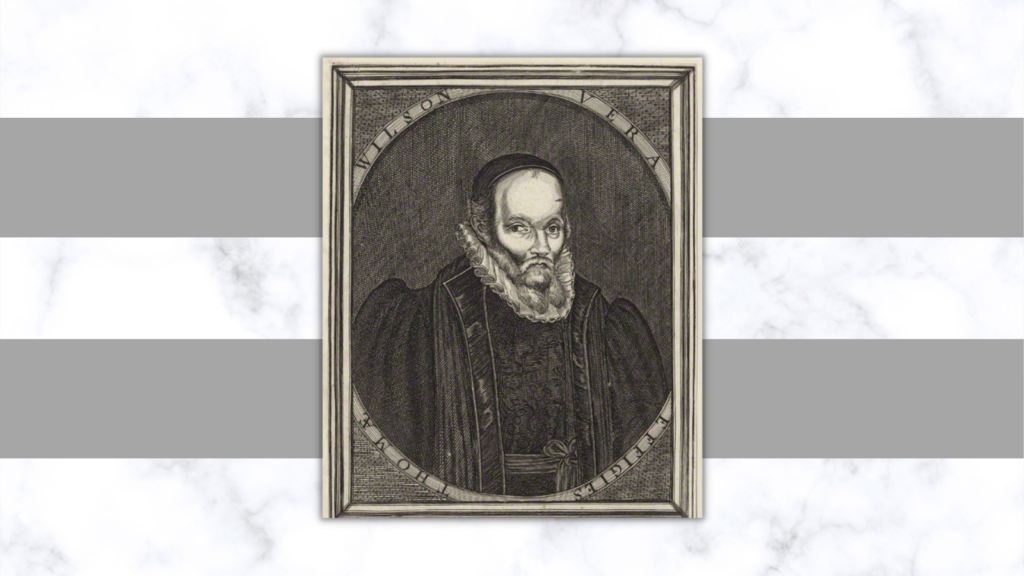
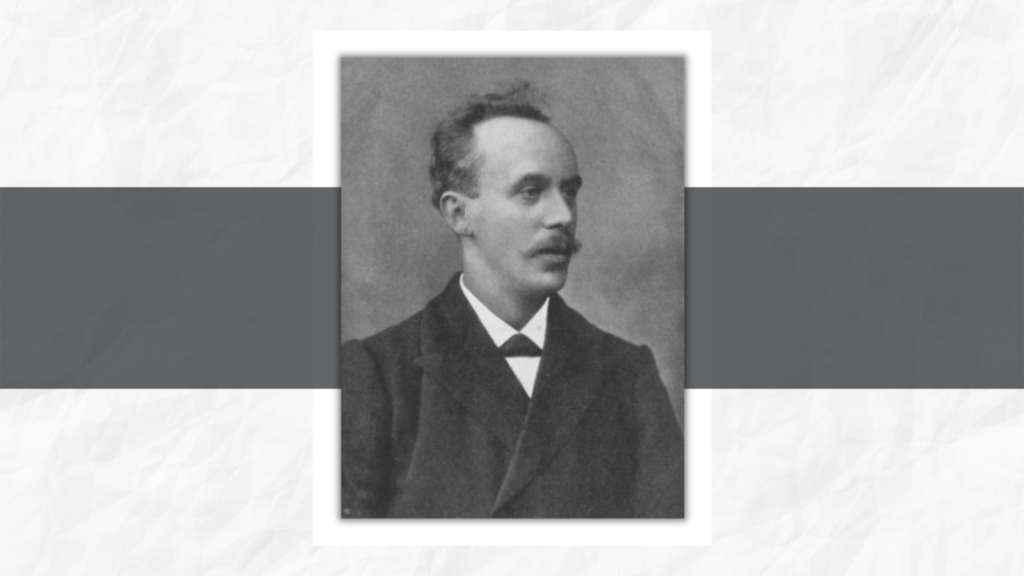
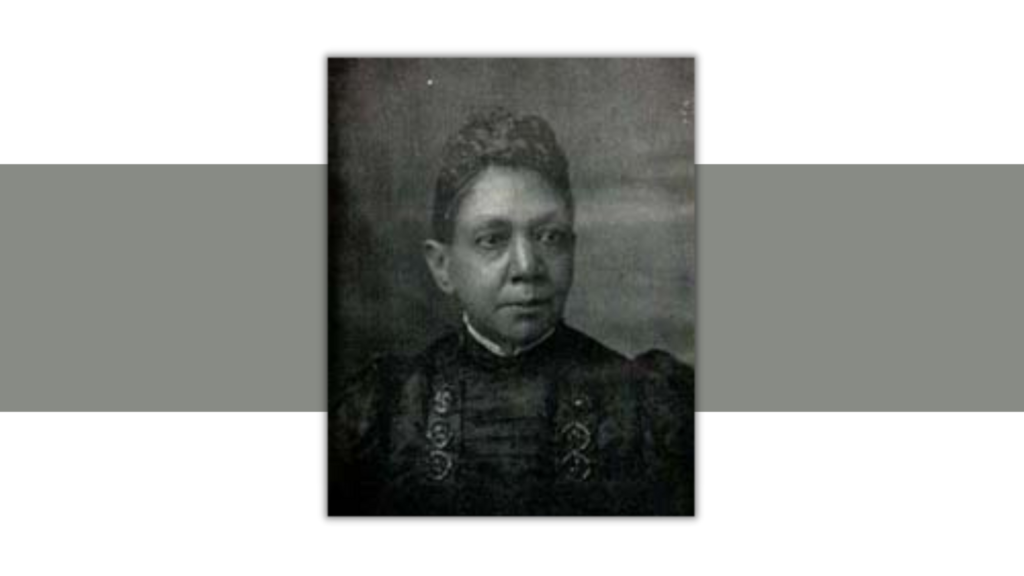
Share with others: